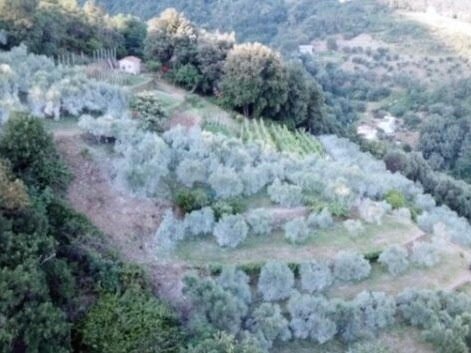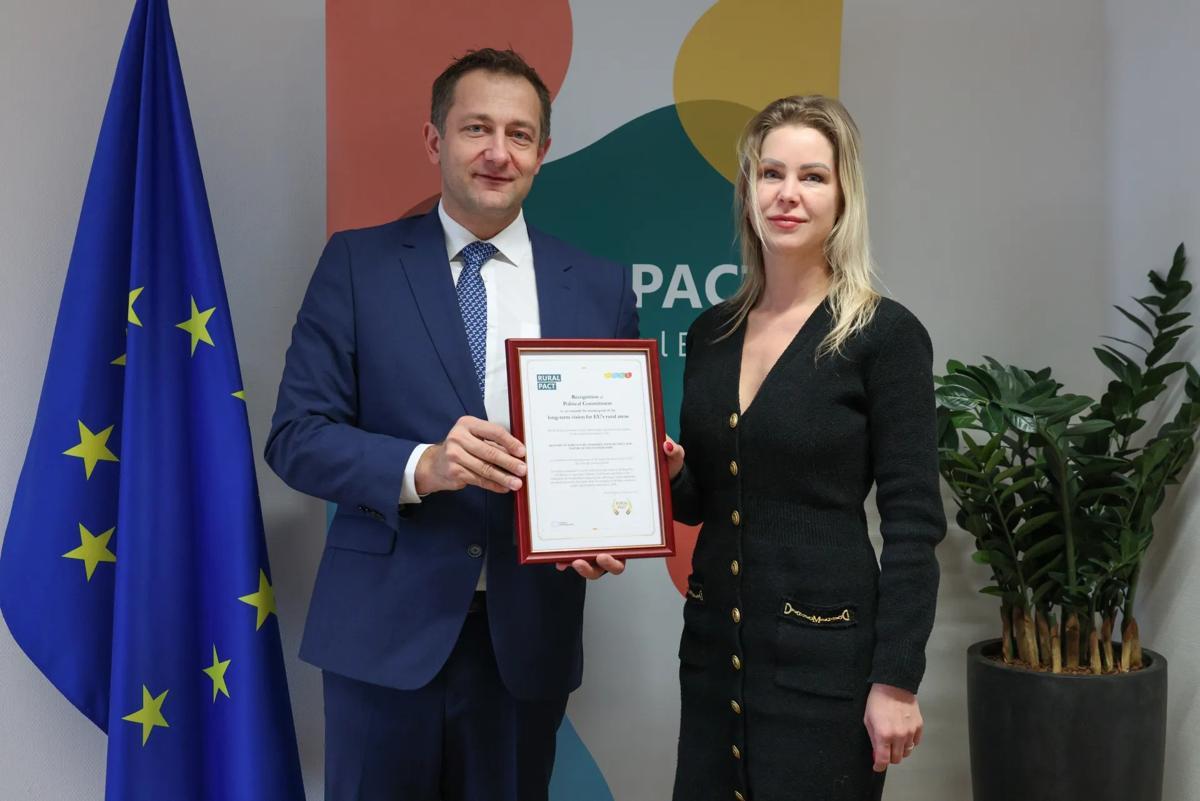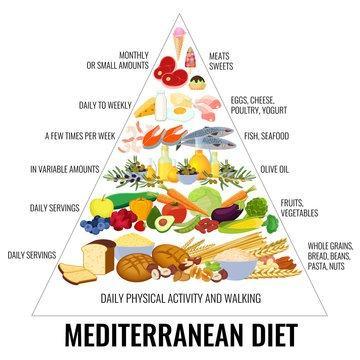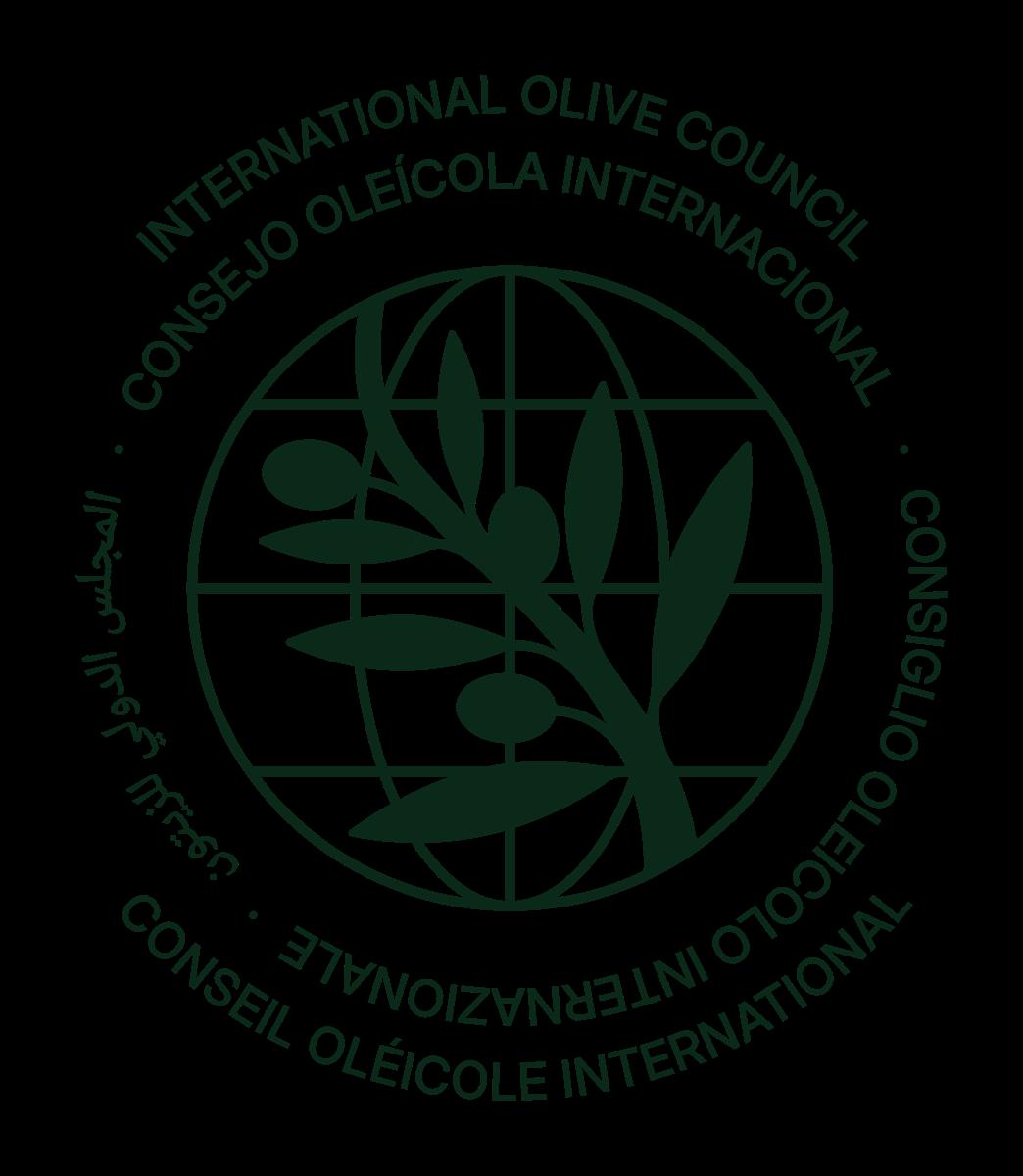
Use of Kaolin
Feb. 21, 2024
Kaolin, the benefits for the olive tree without reflections on roots and soil
Inert corroborant with cation exchange close to zero
The use of rock dust as corroborating agents is now a widespread practice in various sectors of agriculture and, obviously, also for the olive tree . Corroborants are natural substances regulated by specific legislation which describes the characteristics necessary for their marketing in organic and conventional agriculture. They are basic substances also used for other purposes, which in agriculture must be placed on the market as they are , therefore not in formulations, mixtures and/or with additives. In the case of rock powders, they must be obtained through mechanical processes and be free of polluting elements.
A corroborant, therefore, cannot be classified as a pesticide and in fact cannot be either a fertilizer or a pesticide. In short, it is a basic substance that is used to help plants better resist biotic and abiotic stress (due to the environment and the action of insects, molds, fungi, bacteria).
Among the corroborants on the market today, it is known that kaolin offers valid help both to limit damage to olive groves due to strong summer solar radiation , and to counteract the action of some insects (starting from the olive fly ), and to keep plants hydrated and dry, making the propagation of mold and fungi hostile.
However, the mechanisms through which kaolin works are less well known. It is important, for example, to know that kaolin is the most inert among the inert materials and furthermore kaolinite (the mineral that makes up kaolin) has a cation exchange capacity (CSC) close to zero , i.e. the ability to act and react chemically. It therefore does not act or react on the underlying soil and even less on the roots of the plant. The fact that it is inert also makes it insoluble in water and in most acidic environments, in fact it dissolves completely only in hydrofluoric acid.
Its function is therefore purely mechanical : it reflects solar radiation, absorbs and releases humidity. “These two simple mechanisms, together with the fact that it is inert – Clay & Clay explains to us – make it an effective and safe product for operators, as long as the characteristics indicated by the legislation are respected. This is why we selected AgriBioClay, the kaolin that best responds to these characteristics and is specifically designed for use in agriculture and olive growing in particular".







